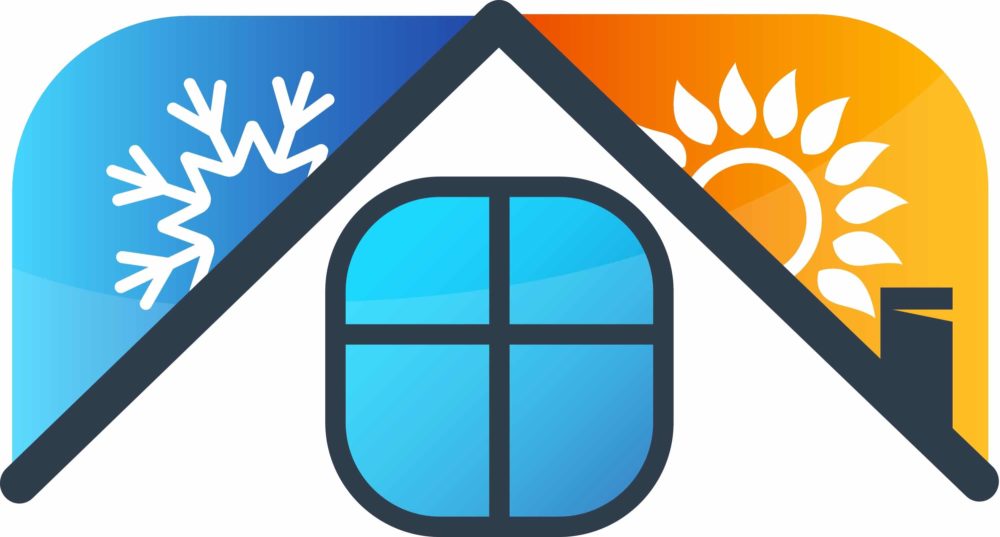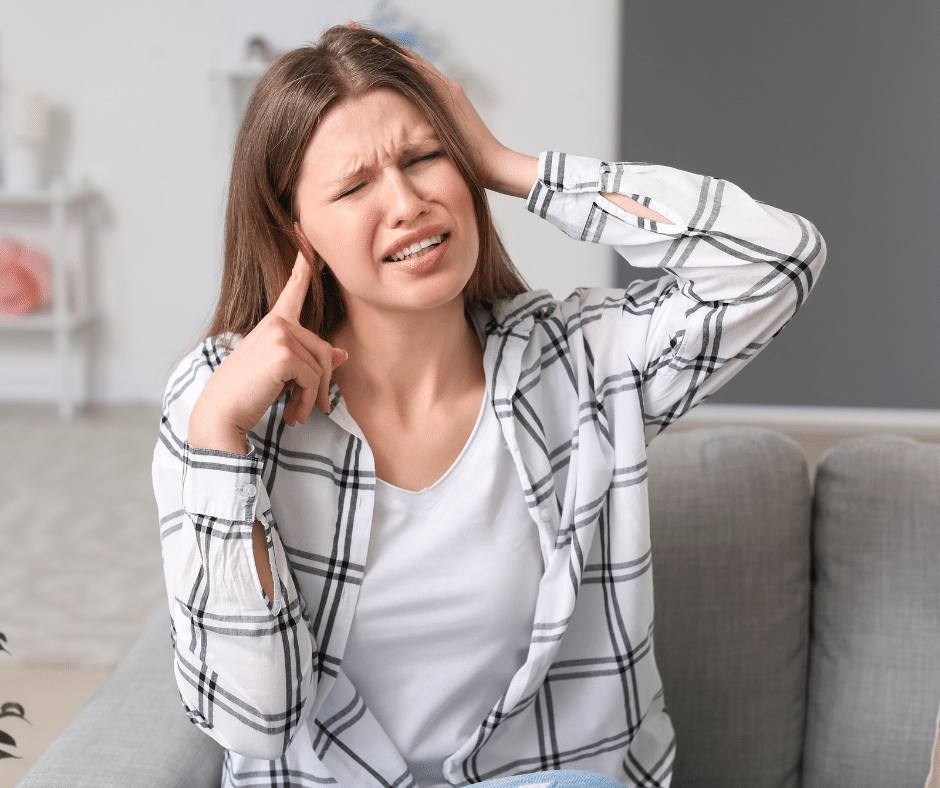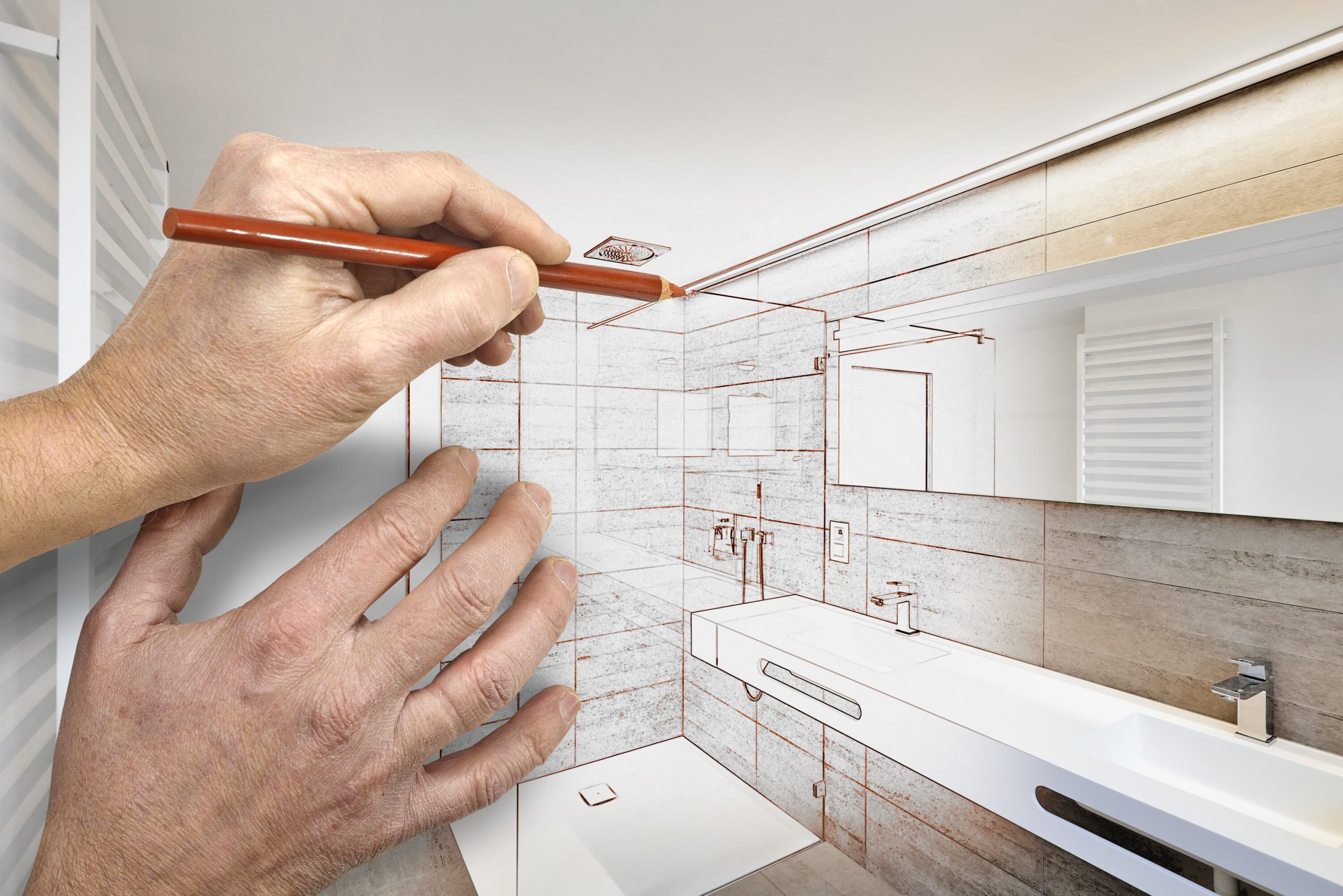5 Reasons Why Your HVAC Unit is Loud Do you find your HVAC unit excessively…

Summertime $avings Tips for Lower Energy Bills
Easy Habits to Create Better Routines and Save Money
No one will blame you for turning up the air conditioning (AC) during a heat wave. Depending on where you live, that simple action could cause your electricity bills to climb. So how does a homeowner save on home air conditioning and energy costs in the summer and lower energy bills?
There are ways to cut energy costs without lowering the thermostat. Some people keep their house at 74-78 degrees in the summer, because the children go in and out of the house almost constantly. However, most people prefer their home cooler. It’s easy to think that you need to lower the temperature, or to think your AC is not working correctly if you feel uncomfortable indoors in the heat of summer. If you feel that overall the house is just not cooling off as well as you would expect, there are a few basic, low-tech things you can check.
Change your Behaviors to Beat Heat Buildup During the Day
Take advantage of a cool, mild, or cloudy day
By airing out your home and catching a breeze on a cool day, your home’s temperature will feel more balanced. One great way to be able to enjoy a cooler day is to get a storm door with a screen. This allows you to leave your doors open just as you would with windows. However, on warm or hot days, be aware that if the AC is on you should shut the windows and close the doors. For central air (also referred to as AC or HVAC), leave the inside doors open to help the system keep the temperature balanced throughout the home. If you are using window or portable air conditioning units, keep the door of the room it’s in closed. These small units pull air from that room and circulate it back out cool, so if warm air enters the room, small window or portable units are forced to use more energy to cool that air.
Stick to one temperature
If the house feels stuffy on a warm day, ignore your instinct to drop the thermostat temperature or switch on the air conditioner. Try using fans, such as a ceiling fan or other circulating fan as it can make a person feel five to eight degrees cooler (that’s the wind-chill effect). Although the fan doesn’t cool a room, it makes it more comfortable when the cool air reaches us. Also, turning off the fan when no one’s in the room helps you keep from wasting electricity. Ceiling fans and electric fans cost less than dropping the temperature on the AC thermostat. If you are also running your air conditioner, a ceiling fan moves cooled air downward and allows you to raise the AC thermostat by as much as four degrees, with no discomfort to the family. If home occupants bathe during the heat of the day, use the bathroom exhaust fan to spot-ventilate and remove excess heat and humidity.
SEE ALSO: TIME TO LOOK AT SMART THERMOSTATS
Close curtains and blinds
Window coverings should be kept closed when direct sunlight is pouring through a window. This raises the internal temperature of your home. Window treatments are an excellent way to prevent solar heat gain indoors. Most blinds and window shades are rated as insulating and light blocking. Also, many curtains have insulating technology to help repel outdoor weather conditions. Keep them drawn all day to maximize comfort. Highly reflective blinds can reduce heat gain by around 40-65%. By choosing light hues, you will help deflect sun rays and keep your home cooler, which will lower energy bills. Shades should be hung close to window panes, as this helps them block outdoor heat from radiating inside.
Use Cooler Lights
One simple way to cut down on heat radiating within your home is to make the switch to light-emitting diode (LED) light bulbs. These bulbs do not generally emit heat and help keep rooms cooler. Both incandescent and compact fluorescent lights give off more heat than LED bulbs. Also, remember to turn off lights, lamps, TV’s, and game systems when you’re done using them.
SEE ALSO: LED Light Bulbs and the Impact on Your HVAC
Change your Habits to Beat Heat Buildup During the Day
Whenever the outdoor temperature is higher than the temperature inside your home, limit indoor activities that generate a lot of heat, such as cooking, using the dishwasher or clothes dryer. Whenever major appliances in your home are running, the temperature inside spikes. Here are some helpful hints to keep your home cooler and lower energy bills:
Do more:
Consider microwaving or grilling food outside, rather than cooking on the stove inside. Using the oven or stove-top generates heat in the kitchen that spreads throughout the home. Don’t skip dinner, simply rethink and create strategies to not heat up the heart of your home. Try lighter, non-cooked meals or, do your more serious cooking on an outdoor grill.
Be strategic:
By adjusting your schedule to allow for running the washing machine, dryer, and dishwasher earlier in the morning or at night when it’s typically cooler outside, you can reduce the heat in your home. Only run full loads in the washing machine, clothes dryer, and dishwasher. Try washing dishes by hand and letting them air dry and hanging clothes to air dry whenever possible.
Rethink electronics placement:
Computers, game systems, stereos, and TVs are also big heat-generators. Keep hot items like TVs, computers, and game systems away from thermostats. A thermostat can sense the heat generated from these items, which will make the AC think the room is warmer than it is and it may trigger the system to turn on.
SEE ALSO: WHERE SHOULD YOUR HOME’S THERMOSTAT BE LOCATED?
Mind the time:
By waiting until after dusk when temperatures have dropped, less electrical energy is used. Your household can save money on electrical spending by saving what it would cost to make the cooling system work overtime due to appliances, computers, overhead lights being left on in the hottest parts of the day. High heat-emitting items used during the heat of the day = $ wasted.
Look Outdoors:
Check the area around your AC unit as a routine home energy savings activity. Make sure to keep objects away from the AC unit. Don’t let debris, dirt and grime gather or block the units air intake and output. In short, keep things off, away from, and out of the unit. Give it your own, “Sparkly Clean and Neatest Area Award!” Not only will this help lower energy bills, but will extend the life of your unit.
By being mindful of these tips, you can affordably create a comfortable home in the heat of the summer. Be savvy about your home health and habits and be proactive – even small measures help. These positive changes will improve your health and happiness. Also, think about the money you could save! With the savings, you can buy and plant trees around your house to help block the sun and shade your home. Making these small changes create better habits and help lower energy bills.


